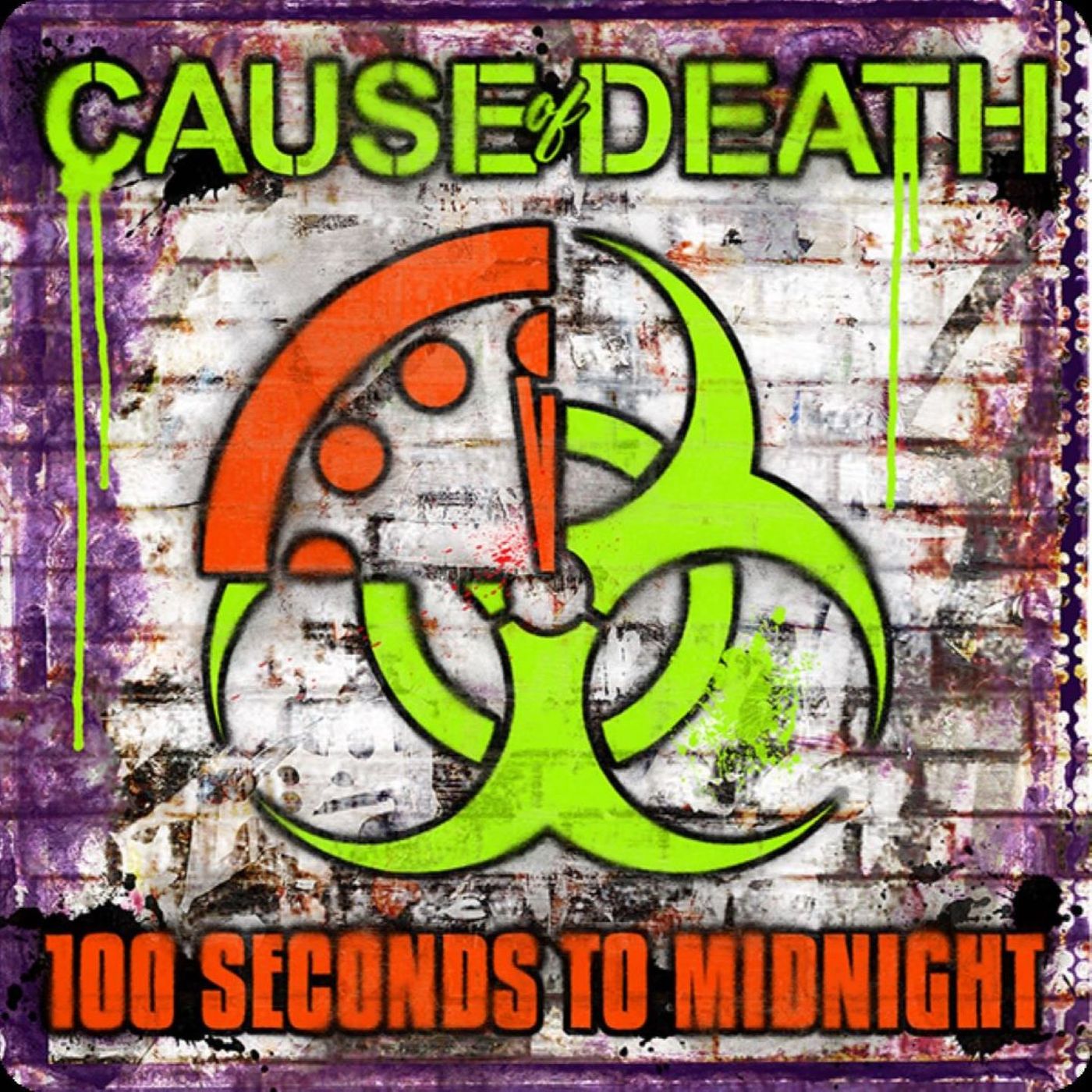
But I think Camus would also be worried about the excesses of the response to George Floyd’s murder. It serves as a kind of template, this wonderfully compelling and complex template, of the ways in which people respond to governments or forces that pose a threat to their dignity and to their integrity as human beings.Īnd so, on the one hand, what is taking place right now in the United States in regard to Black Lives Matter is quite extraordinary, and it’s something that I think would please Camus. That finally led to that tipping point in 1989 and the collapse of the Berlin Wall, and the implosion of the Soviet Union. Or the pressure in occupied Europe behind the Iron Curtain. In many ways, The Plague anticipates not just what’s taking place in the United States today but what has taken place over the course of decades, ever since 1947. How does your understanding of The Plague shape your view of what’s happening right now? Robert Zaretsky And it’s a bit heavy-handed, and probably also a bit unnecessary on my part, to point out how that’s taking place today, Sean, with the social movements that have formed in the wake of George Floyd’s murder.

And that’s where the meaning is to be found.

In other words, what we find at moments of crisis is that people have to resist what’s taking place, and that initial step toward resistance, toward saying “No, this cannot be tolerated,” that’s when you look around and discover that other people are doing the very same thing.
4CHAN STORY THE PLAGUE DOCTOR HOW TO
But I’m more interested in knowing how to make a case for the collective, rather than for the individual.” And so for him, it’s not so much “I think, therefore I am.” It’s “I resist, and therefore we are.” Descartes, of course, is the 17th-century thinker who gave us the “Cogito, ergo sum - I think, therefore I am.” And Camus at a certain point says, “Well, that’s all well and good, if you’re interested in making the case for an individual ego. And that’s really the whole point.Ĭamus distills this point in a famous tweak he gives to Descartes. What they achieve as a group, as opposed to individuals pursuing their individual interests, is quite extraordinary. And what you find in The Plague are the ways in which Rieux and the other characters join forces over the course of the plague in Oran.

What Camus is trying to do, philosophically as well as narratively, is convey both his experience of living under the plague, namely the occupation of France by the Germans, but also say something about the importance of moderation, which for him is really the most courageous of virtues. We eventually learn that the narrator is also one of the chief characters in the novel, a doctor by the name of Bernard Rieux. And the story is told by a narrator who at first doesn’t identify himself. We’re not given a precise year, but the city is suddenly hammered by the plague. The Plague is a fictional account of the advent of the plague in the city of Oran, which was and remains Algeria’s second-largest city. Subscribe to Future Perfect: The Way Through on Apple Podcasts, Google Podcasts, Spotify, Stitcher or wherever you listen to podcasts.įor people who haven’t read The Plague, can you sum up the basic narrative? Robert Zaretsky A transcript of our conversation, edited for length and clarity, follows. You can hear our entire conversation in the podcast here. We also discuss why the coronavirus pandemic, as awful as it is, highlights a permanent truth about our vulnerabilities and our mutual interdependence. We talk about the symbolism of the novel and the moral lessons it can offer us in this moment of sickness and racial unrest. This is a conversation about the existentialist philosophy behind The Plague and what it has to say to us today. So I spoke with Robert Zaretsky, a philosopher and historian at the University of Houston, for Future Perfect’s new limited-series podcast, The Way Through, which is all about exploring the world’s greatest philosophical and spiritual traditions for guidance during these difficult times. I wrote about The Plague back in March, but I wanted to dive a little deeper into its meaning and significance. But the book is much more than a tale about disease it’s also an intensely layered meditation on the human condition and the obligations we all have to each other. It’s called The Plague and, on the surface, it’s a fairly straightforward story about a coastal Algerian town beset by a mysterious epidemic. A 1947 novel by the French philosopher Albert Camus has racked up sales since the Covid-19 pandemic engulfed our lives earlier this year.


 0 kommentar(er)
0 kommentar(er)
